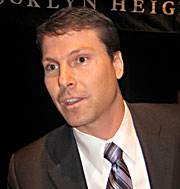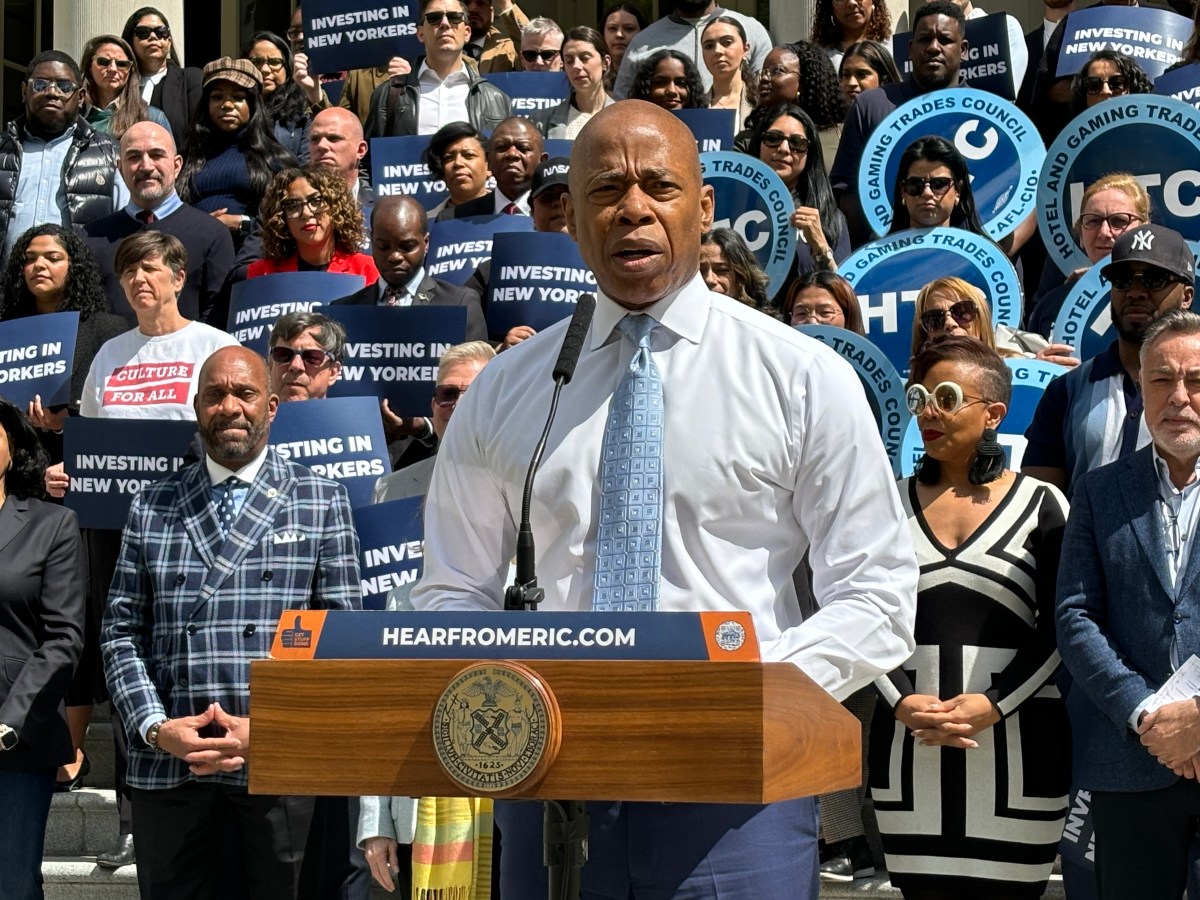The reason that elected officials should not be allowed to double dip (or collect two government paychecks at the same time) is simple: They make the laws that govern the state’s pension system. It is a conflict of interest in its most basic form and begs the question: What is to prevent them from passing laws and making rules that benefit themselves?
Already, elected officials are the only government employees who are not required to get waivers to receive their pensions from the Assembly or Senate while still serving in the legislature. Several elected officials last year were sent to jail for using government money such as member items (legislative allocations for “community projects” — better known as pork) to benefit themselves, their families and friends. Is there any doubt that some in Albany would pass special rules to increase their pension payments while they were still in office? Since legislators have never been shy about voting themselves pay raises, I think we can safely assume that they would.
Though the legislature does not actually control the pension rules, they would have no trouble exerting undue influence owing to the fact that they handpicked the current comptroller when former Comptroller Alan Hevesi was forced to resign after a corruption conviction.
Assemblymember Bob Reilly (D–Colonie) understands the conflict of interest inherent in elected officials collecting a pension while drawing a government paycheck. He collects a pension, but donates his Assembly salary to charity. Reilly is also the sponsor of a bill that would prohibit former elected officials who have been convicted of crimes from ever drawing a pension. This bill would save taxpayers the insult of having to support the very person who tried to take advantage of them, as is the case with Hevesi, who continues to soak taxpayers to the tune of $166,467 per year, even though he has pleaded guilty to defrauding the government.
New York’s public pension system is broken. It’s not the fault of our public-sector employees, who will be the ones most hurt by the situation, but rather it is the direct fault of New York’s political establishment which has allowed the system to run unchecked and essentially ungoverned for years. Comptroller Thomas DiNapoli has just lowered the assumed rate of return on the state’s pension funds, a move which will require higher contributions from state and local governments. The current cost to taxpayers is $2.5 billion a year, which translates to $486 per New York resident or $625 per household.
In the wake of the fall of the stock market, New York’s taxpayers have had to come up with billions to cover the pension shortfall.
As seniors who depend on the pension system worry that it may be running out of money, it seems to be the height of arrogance and disconnect that any elected official would even consider further draining these critical and dwindling funds by collecting two government paychecks at the same time.
To balance the budget this year, the legislature borrowed money from the pension fund at unrealistic payback rates, according to most financial experts. This dangerous measure is nothing but a bandaid and has the potential to do real and lasting damage to the financial health of our state.
The issue here is simple. Elected officials should not be allowed to collect two government paychecks at the same time, while New York State slides into bankruptcy and ruin.
Doug Biviano is running against Assemblywoman Joan Millman, whose district includes Carroll Gardens and Cobble Hill.






















